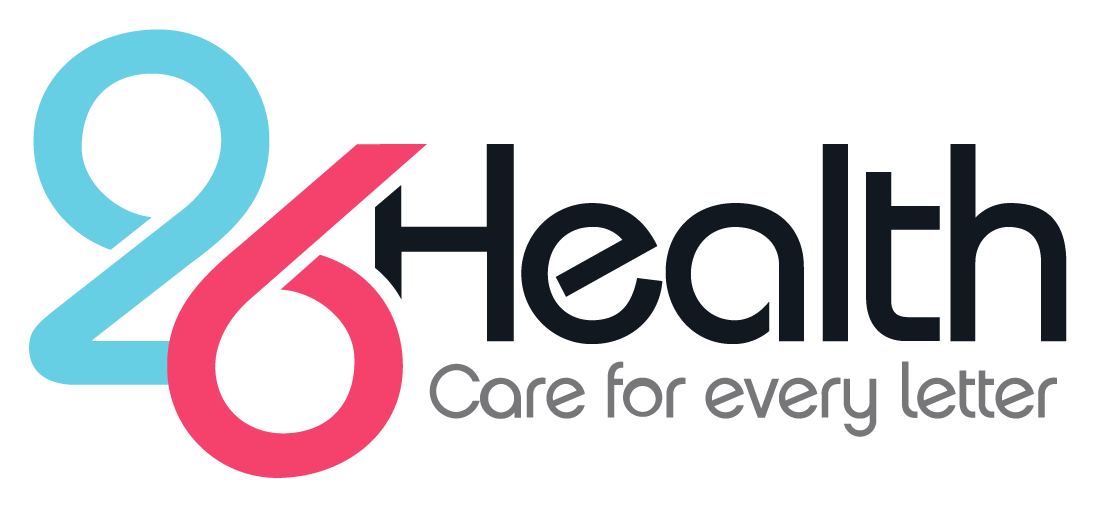
Focus26
Your mind matters.
We recognize the whole person. Mental health is just as important as physical health, and we’re here to support you as you navigate life’s challenges and embrace your full self. From transitions to personal hardships, our team is experienced in helping individuals through a wide range of experiences. We work relentlessly to provide compassionate, accessible care to everyone, regardless of background or circumstance.

Different Kinds of Counseling
Whether you are seeking individual therapy, couples counseling, or family counseling, 26Health is proud to say we are here for you! We offer a wide range of therapy and mental health services. Our providers are skilled, culturally-competent, and offer a wide range of techniques to cater to each client’s individual needs.
The 26Health Counseling Approach
Our approach to counseling is to treat each patient as an individual and to meet patients where they are. Life can be hard, and our counselors want to provide new perspectives and coping skills that can help you overcome life’s challenges. Some of the methods are counselors use are: talk therapy, solutions-focused, mindfulness-based, existential, person-centered, motivational interviewing, and crisis intervention, among other techniques.
26Health Psychiatric Care
26Health also offers psychiatric care and support, as well as the management of psychiatric medications. Our providers will work with you to determine if medication is the right path for you, and what medications will work best to address your needs and improve your overall quality of life. Our providers are also trained to highlight the importance of a healthy sleep routine, nutrition, physical activity, and stress management as it pertains to your medication schedule.

Our therapy and psychiatric care services are confidential, compassionate, and accessible, regardless of individual financial situations.
There are many resources available if you, a friend, or a loved one are struggling with various addictive behaviors, including tobacco, alcohol, drugs, or food. 26Health’s Mental Health department offers counseling, support, and referrals to help with addiction issues.
